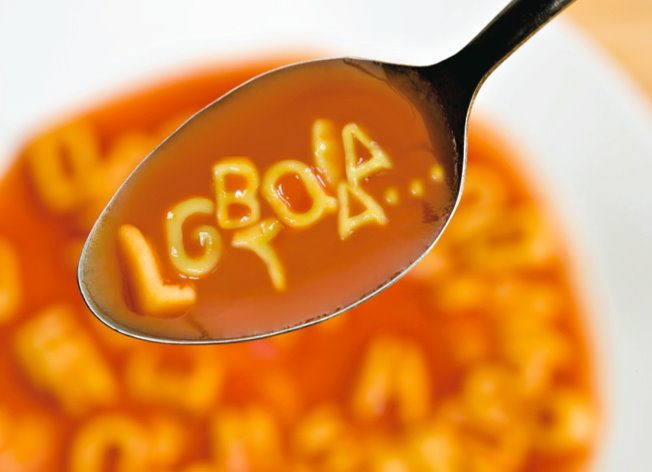Does the LGBT identity acronym promote or prevent equality?
I recently became friends with a 21-year-old trans man named Jack (not his real name). Two years ago, when he was 19, Jack began a journey that would take him through all four letters of the LGBT spectrum.
Jack was born a woman (let’s call her Jill). For years, Jill dated men and identified as a heterosexual woman (her first identity).
When Jill was 19, she started to date women and began identifying as a bisexual woman (her second identity). Before Jill hit the age of 20, she realized she was not a bisexual, but a lesbian woman (third).
By age 20, Jill—now Jack—realized he was transgender and starting dating women, thus identifying as a heterosexual trans man (fourth).
By Jack’s 21st birthday, he fell in love with a gay man, and began to identify as a homosexual trans man (fifth).
In a little over two years, my friend had identified as gay, straight and bisexual, cisgender and transgender, and as a woman and a man.
While Jack’s alphabet soup experience was more expedited than most, his journey was not uncommon. The question is not the evolution, but the need for a new identity each step of the way. Did Jack really need all those letter changes, or would it have been easier for him to just say: “Don’t label me.”
A new consumer research poll says yes. Logo’s “LGBTid Study,” the first of its kind, found that a large percentage of LGBT consumers—most of them “young”—did not want a letter associated with their name. This group, which Logo called its “Beyond the Alphabet” subset, was identified as one of the top four consumer groups of the study. Logo even deemed this group “the embodiment of the future.” The remaining three groups were pro-LGBT i.d., but in varying degrees. For example, the “Just Who I Am” group wanted the acronym, but preferred less emphasis on their sexual orientation, while the “Out and Proud” group wore their LGBT status more prominently. It was who they “were.” The final group, “Initiators,” were concerned with LGBT status being used as a motivator for political change.
The “Beyond the Alphabet” group poses an intriguing argument.
By taking away the label, a person with a minority sexual orientation/gender identity is not stigmatized, penned in, or lumped in by the majority. But there is also pride and politics to consider. Without a group of letters to identify us, would the whole lot of disappear as a powerful, unified “family?” (Our letters may change from year to year, but we have always been a family.)
If you look at societal groups of individuals—ethnic groups, religions, races—the specific names for each group have changed over time, but you rarely hear about one of these groups opting for no name at all. A person in the “Beyond the Alphabet” group may argue—if I can make an assumption here—that all groups, not just sexual orientation/gender identification groups, should shun the label in order to reach equality, instead of using the label to gain equality.
When Jill became Jack, he didn’t change. He was who he had been all along. When Jill switched from dating men to women (and then later, as Jack, switched from dating women to men), he was still Jack. He was always Jack, but with a lot of letters attached to his name.
Maybe we should stick with our names, and just leave it at that.
